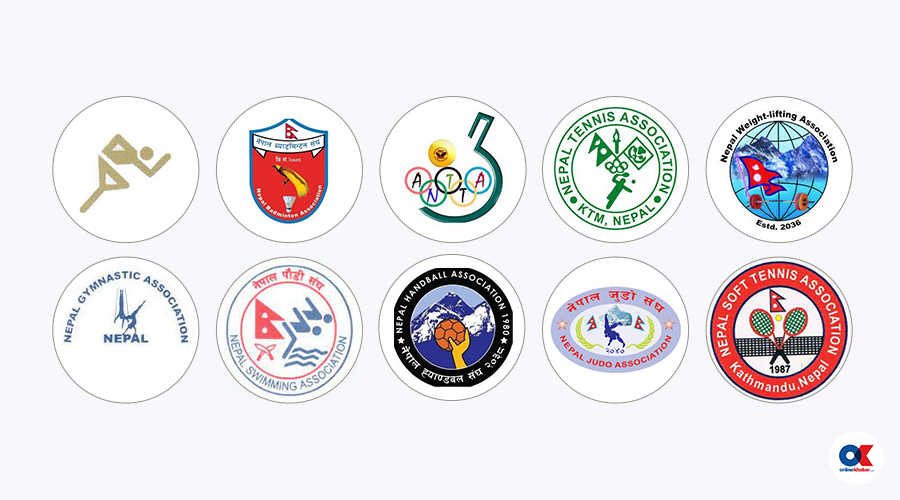
Kathmandu, May 2
In an ambitious push to modernise education, healthcare, transport, and governance, the Government of Nepal has unveiled a sweeping policy and program blueprint for the upcoming fiscal year 2082/83 BS.
Presented by President Ramchandra Paudel before the Federal Parliament, the policy document outlines targeted reforms aimed at inclusive development, national self-reliance, and digital transformation.
Bridging the educational divide
Among the most notable announcements is the plan to establish residential schools in remote regions, a move expected to improve educational access for students in Nepal’s geographically isolated areas. “Residential schools will be established targeting remote and rugged regions,” said President Paudel, indicating the state’s commitment to equity in education.
Simultaneously, the government is prioritising structural reform in education by:
- Introducing a national regulatory framework for private schools
- Establishing a teacher qualification standard
- Creating a teacher bank in collaboration with universities
- Transferring library responsibilities to provincial governments
- Ensuring curricular uniformity between private and public schools
The School Education Bill is also set to be passed in this parliamentary session, promising legislative backing to the reforms.
The President’s Educational Reform Program will be rebranded and upgraded as a National Educational Reform Program, with a sharper focus on modernization and science-technology alignment.
Health reforms with people at the center
On the healthcare front, the government has pledged general nursing programs for Grade 12 graduates, diversifying the pathways to healthcare careers and addressing workforce gaps.
The Health Insurance Program will be revised to cover serious illnesses under an expanded benefits package, and a restructuring of the Health Insurance Board is in the pipeline. Additionally, all public hospitals will be integrated into a single online service platform, making health services more accessible.
A new Federal Health Services Act and National Quality Accreditation Authority Act will be introduced to institutionalise quality standards in care. Moreover, Nepal aims to tackle the challenges of climate-related illnesses by establishing a Climate Health Resilience Unit.
Economic self-reliance and industrial promotion
To reduce import dependency and boost local entrepreneurship, the government will promote industries based on local raw materials, skills, and innovation. Policies will also encourage foreign trade expansion and revive ailing industries, like the Dhaulagiri Iron Company, through public-private partnerships.
Further, Bhirkutimandap in Kathmandu will be developed into an international-level convention and amusement park, positioning the capital as a business and leisure hub.
Youth employment and labour reform
Responding to the nation’s pressing youth employment crisis, the upcoming decade has been declared the “Decade of Internal Employment”. The policy introduces:
- Hourly wages for interns
- Mandatory contribution-based social security
- Labour audits to ensure compliance with basic labour standards
These initiatives are designed to curb skilled labour migration and generate employment within Nepal.
Sports and tourism as economic engines
The government plans to upgrade the Tribhuvan University Cricket Ground to international standards and expand the Sports School Program in coordination with all three levels of government and sports federations. Medal-winning athletes and their children will receive scholarships, while the private sector will be legally incentivised to invest in sports infrastructure.
In a bid to reposition Nepal on the global tourism map, the country will be promoted as a hub for yoga and meditation tourism, with a focus on sustainable, community-driven models that protect local culture and environment.
Infrastructure: From railways to skies
Transport development remains a cornerstone of the policy. The government aims to:
- Develop rail and water transport to reduce cargo costs
- Expand cross-border petroleum pipelines and storage capacity
- Begin commercial preparations for green hydrogen production
- Implement a bioethanol blending policy for fuel
The Nepal Airlines Corporation is also back in the spotlight for restructuring—an agenda reiterated yet unrealised in past years.
Border and security enhancements
To bolster national security, more Border Outposts (BOPs) will be established, and new bills concerning Nepal Police and Armed Police Force will be passed. Police modernisation will continue with a focus on cybercrime control and technology-friendly crime investigation.
Governance and digital integration
Digital governance will advance with the integration of public hospitals into a unified health information system via the Citizen App. The government also plans to:
- Introduce Federal Civil Service Act
- Promote Ayurveda through Yogmaya Ayurveda University
- Enhance public health surveillance for epidemic readiness
- Finalise population policies to keep growth at a sustainable rate
With its broad-ranging goals—many long-promised but often slow to materialise—Nepal’s latest policy package reflects both ambition and urgency. Whether these plans can move beyond paper and into practice will depend heavily on political will, budgetary discipline, and bureaucratic efficiency.




















